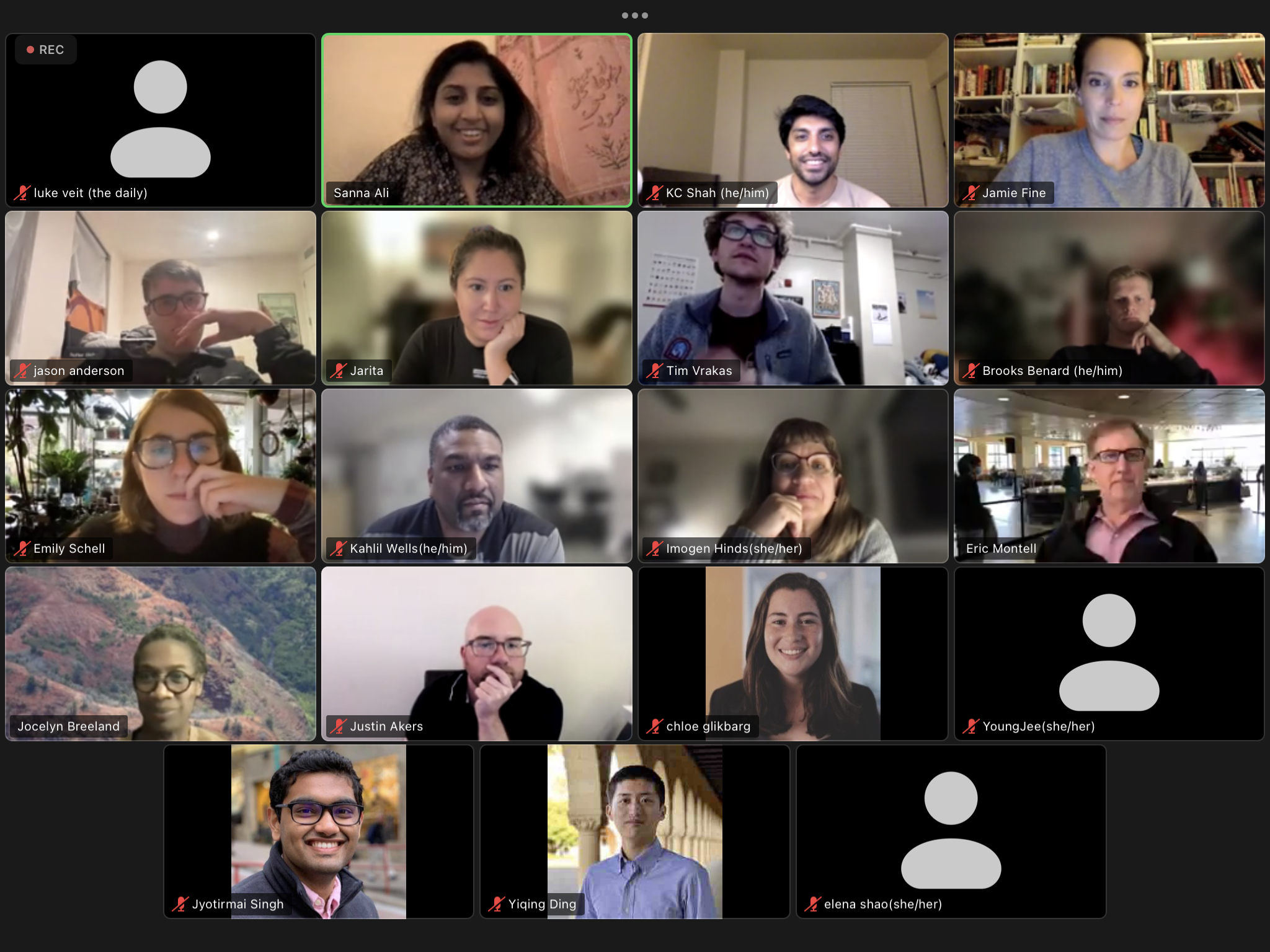Stanford’s Graduate Student Council (GSC) praised the University’s new affordability accommodations, which were outlined in a statement from President Marc Tessier-Lavigne on Wednesday. Councilors highlighted their efforts to promote the provisions, which include new financial benefits for graduate students such as full Cardinal Care coverage for those on fellowships, a $5000 increase in the family grant cap and housing assistance for post-docs.
“We really left a permanent mark for graduate students after us because of this achievement,” said councilor and third-year aeronautics and astronautics Ph.D. student Jason Anderson.
But some council members were not entirely satisfied with the University’s changes to Cardinal Care. Some pushed back against the requirement that all students, including those from outside of California, must pay a Campus Health Service Fee that can cost up to $982. Additionally, despite past efforts, coverage is still not subsidized for graduate students’ children and partners. The council members made future plans to address fee waivers and additional subsidies.
University spokesperson EJ Miranda addressed the council’s concerns by pointing out that students can request exemptions from the Campus Health Service Fee if they are living out of the nine Bay Area counties for the entire quarter. Also, according to Miranda, the $982 fee applies to those living on campus for four quarters. Those taking three quarters of classes pay a fee of $696.
Miranda wrote in a statement that Vaden Health Center is committed to “keep[ing] costs down, while maintaining high quality and coverage for members of the Stanford community.” Miranda also wrote that students with dependents may consider other healthcare options, such as Covered California.
The Council also took comments on two bills related to class accessibility, both of which will be voted on next week. Both bills cite an unaddressed and ongoing need for hybrid and remote classes. One specifically targets accommodations for students with documented disabilities, asks faculty to record lectures and requests training for professors on how to best provide hybrid options. The bill has already been passed by the Undergraduate Senate. The second bill proposes some of the same initiatives in addition to more general provisions, which include recorded lectures, credit/no credit grading and additional access to office hours.
Councilor Chloe Glikbarg M.S. ’22 said that these bills might not “have the impact that the writers of the bill[s] desire for [them] to have,” given that the bills must be approved by the Faculty Senate before they can be implemented. Gilkbarg added that it “couldn’t hurt to ask.”
Councilor Sanna Ali Ph.D. ’22 echoed Glikbarg’s comments, saying that “just passing a resolution doesn’t necessarily do anything.” She emphasized that it would be important to reach out to members of the Faculty Senate to make sure the bills’ goals become a reality if approved.
The council also discussed asking the University to provide higher quality masks for in-person events. They also addressed delays in the Escondido Village Graduate Residences (EVGR) Pub receiving its liquor license from Santa Clara County.
This article has been updated to include comment from Stanford spokesperson E.J. Miranda. It has also been corrected to reflect that the Campus Health Service Fee can cost up to $982, not $1000.
